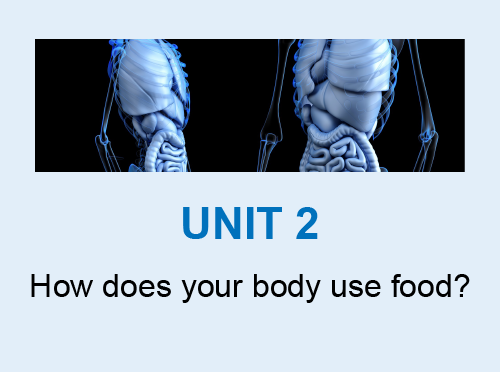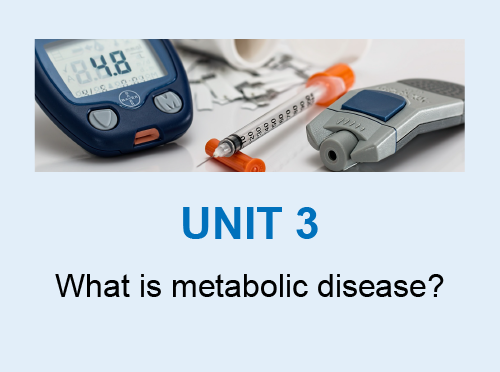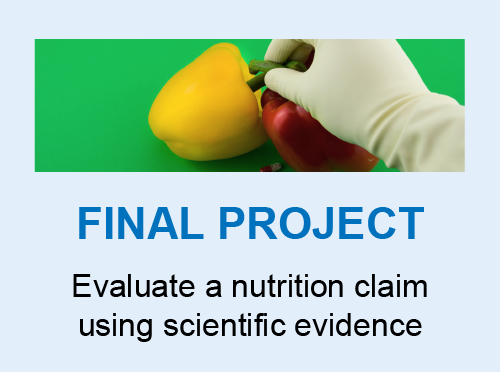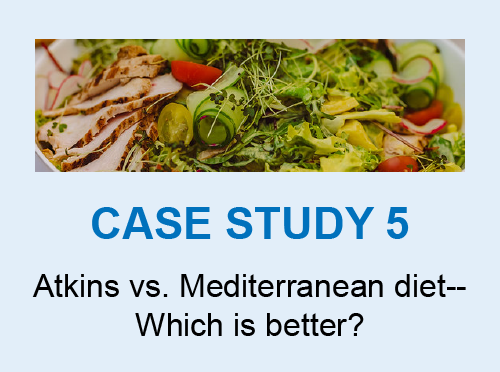The Metabolic Disease (MD) module has a simple goal – to bring real world science into the classroom! Students will learn about biology in a framework that is relevant to their everyday lives. The study of metabolic disease provides this framework because it focuses on how our body responds to food and how our lifestyle choices affect our health.
The module is organized around five key questions. These questions guide students’ investigation of how our bodies use food and what this means for our health. The students will explore reach of these questions and then, for a final project, use what they have learned to evaluate a dietary claim.
 |
 |
|
 |
 |
 |
To supplement the MD curriculum, we offer case studies to provide students the opportunity to experience how science is practiced. Students are asked to develop scientific questions, design experiments, analyze data, predict results, evaluate data, communicate, and develop models. The Great Diseases case studies are based on actual data obtained from primary research papers. This type of activity provides students with evidence in increments, mimicking the process of research.
Case Studies
The case studies work best when used in recommended sequence with their corresponding Great Diseases module(s); however, each can also be used as a “standalone” lesson.
 |
 |
|
 |
 |
 |
 |

